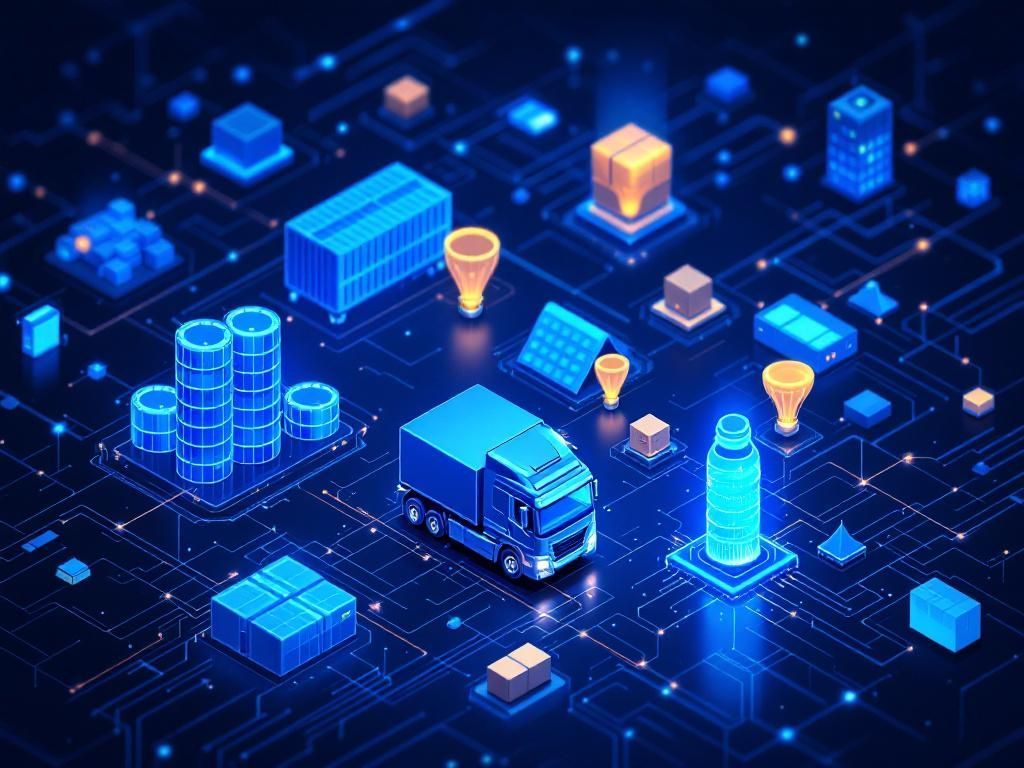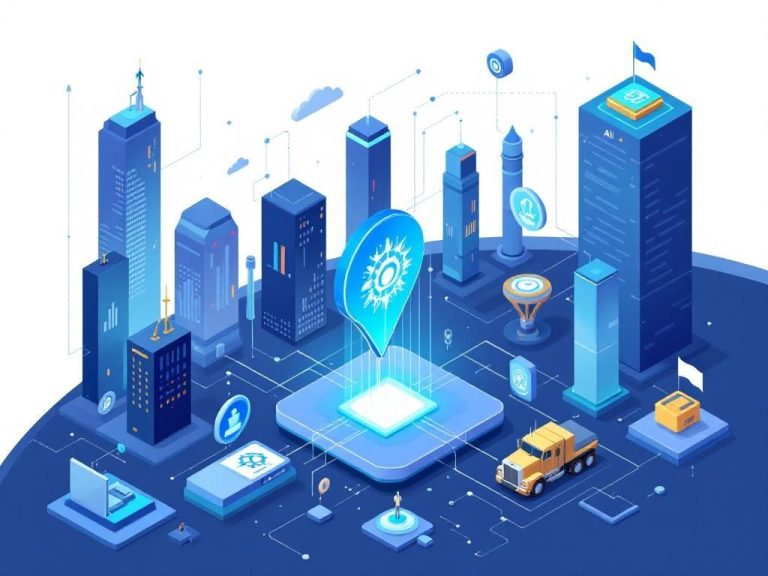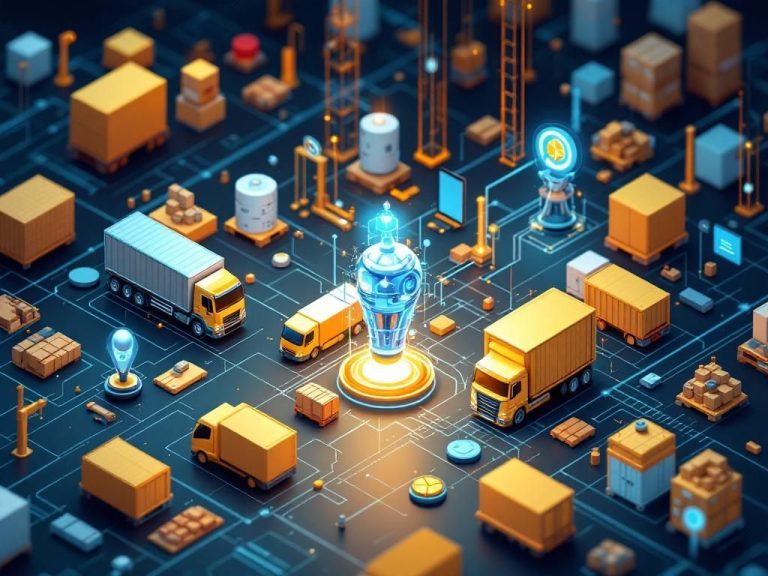The supply chain landscape is undergoing a significant transformation, driven by advancements in technology, particularly artificial intelligence (AI). With the rapid pace of innovation, businesses are looking for ways to enhance efficiency, reduce costs, and improve customer satisfaction. In 2025, AI is set to revolutionize supply chain operations, enabling organizations to gain a competitive edge in an ever-evolving marketplace.
The Role of AI in Supply Chain Management
Artificial intelligence has the potential to fundamentally change how supply chains operate. By leveraging AI technologies, businesses can optimize their processes, predict demand more accurately, and enhance decision-making. Here are some key areas where AI can make an impact:
- Predictive Analytics: AI can analyze historical data to forecast demand, helping companies to manage inventory more effectively.
- Automation: Robotics and machine learning can streamline warehousing and inventory management, reducing manual labor and minimizing human errors.
- Demand Forecasting: AI algorithms can assess various factors influencing demand, allowing businesses to respond proactively.
- Supplier Relationship Management: AI tools can evaluate supplier performance, improving collaboration and transparency.
Enhanced Decision-Making Capabilities
AI technologies provide businesses with the ability to analyze vast datasets, identifying patterns and trends that may not be apparent to human analysts. This enhanced decision-making capability can lead to:
Real-Time Insights
With the integration of AI, supply chain managers can access real-time data on inventory levels, shipments, and market conditions. This immediacy allows for quick adjustments in strategy and operations.
Scenario Planning
AI simulations can help organizations anticipate potential disruptions and assess the impact of various scenarios, such as supplier delays or shifting consumer preferences. This capability allows for better preparedness and agility.
Case Studies: AI in Action
Several companies are already harnessing the power of AI to enhance their supply chains. Here are a few noteworthy examples:
| Company | Application of AI | Results |
|---|---|---|
| Amazon | Robotics in warehouses. | Increased efficiency and reduced order fulfillment time. |
| Walmart | Predictive analytics for inventory management. | Minimized stockouts and optimized supply chain operations. |
| Unilever | AI-driven demand forecasting. | Improved accuracy in production planning. |
Challenges to Overcome
While the benefits of AI in supply chain management are substantial, organizations must also navigate several challenges:
Data Quality and Integration
AI relies heavily on data. Ensuring data quality and integrating information from various sources can pose significant hurdles. Organizations need to invest in data governance and clean data practices.
Change Management
The introduction of AI technologies may require a cultural shift within the organization. Employees need to be trained and reassured about their roles in an AI-driven environment.
The Future of Supply Chain with AI
As we look ahead to 2025, the incorporation of AI into supply chain practices will continue to evolve. Key trends to watch include:
- Increased Use of Machine Learning: Expect to see more businesses adopting machine learning algorithms for enhanced decision-making.
- AI-Driven Supply Chain Networks: The development of interconnected supply chains that leverage AI for real-time analysis and optimization.
- Sustainability Initiatives: AI will play a crucial role in optimizing supply chains for sustainability, helping companies reduce their carbon footprint.
Conclusion
In conclusion, the integration of AI into supply chains is not just a trend; it is a necessity for businesses aiming to thrive in a competitive landscape. As we approach 2025, the potential for AI to enhance supply chain operations becomes increasingly evident. By embracing these technologies, organizations can not only improve efficiency and cost-effectiveness but also position themselves as leaders in their industries. The future of supply chain management is bright, powered by the limitless possibilities of artificial intelligence.
FAQ
How will AI revolutionize supply chain management in 2025?
AI will streamline operations, enhance predictive analytics, and improve decision-making, leading to increased efficiency and cost savings in supply chain management.
What are the key benefits of integrating AI into the supply chain?
Key benefits include enhanced demand forecasting, better inventory management, reduced operational costs, and improved customer satisfaction through timely deliveries.
What technologies will drive AI advancements in supply chains by 2025?
Technologies such as machine learning, natural language processing, and IoT will play pivotal roles in driving AI advancements in supply chains, enabling smarter automation and real-time data analysis.
Are there any risks associated with using AI in supply chains?
Yes, potential risks include data security concerns, the need for significant upfront investment, and the challenge of integrating AI with existing systems.
How can businesses prepare for the AI-driven supply chain of the future?
Businesses should invest in training their workforce, update their technology infrastructure, and develop strategies for data management to effectively leverage AI in their supply chains.
What role does data play in AI supply chain innovations?
Data is crucial for AI supply chain innovations, as it provides the insights needed for machine learning algorithms to optimize processes, predict trends, and enhance overall supply chain performance.




